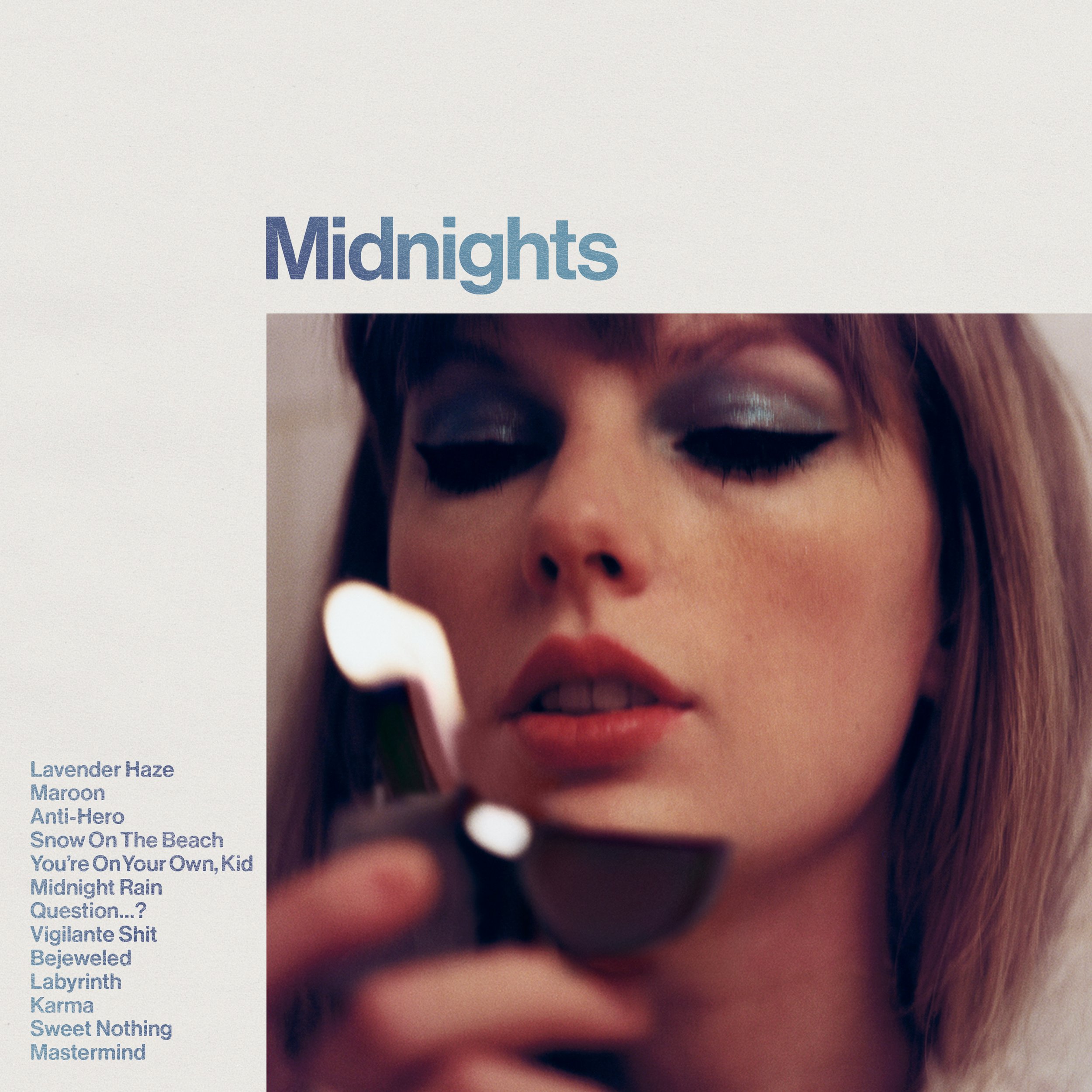Arctic Monkeys: <em>The Car
8.2
GENRE: Rock
YEAR OF RELEASE: 2022The lavish atmosphere on The Car, the new album by Arctic Monkeys, is not entirely unprecedented. Their last album, the 2018’s spatial Tranquility Base Hotel & Casino, undoubtedly stands as a transitional body of work that marked the band’s move from the accessibility of the radio-friendly AM towards a smoother—but maybe still experimental—aesthetic. This innovative, risky approach really comes to fruition on The Car, but the album feels cohesive and deeply fulfilled in a way that other experimental records are sometimes unable to achieve.
In the past, most Arctic Monkey tracks felt like complete stories packed into two-minute songs with blazing guitar streams layered over a heavy drumset. But now, on The Car, Alex Turner has condensed deep emotion into tracks with just three or four verses—far from the narrative we experienced when he was singing about menopause on “Fluorescent Adolescente.” Now he’s giving the audience more work, forcing us to pay close attention if we want to catch a glimpse of what’s happening behind the curtain. The sparse yet cinematic lyrics are delivered expertly with a voice that has matured alongside the band’s own genre. Turner manages to fill the space of the songs with a sonically rich timbre that has sometimes been drowned out by the instrumentation in past albums. On The Car, the production is elegantly orchestrated to put everything in perfect balance.
Opening track “There’d Better Be A Mirrorball” poses a serious but romantic melody. The song feels dark at first, with sharp stings of music introducing Turner’s smooth vocals and wistful lyrics over sophisticated strings, piano, and live drums. Things are soulful; it’s all an intimate goodbye. “I’d throw the rose tint back on the exploded view/Darling, if I were you,” the vocalist sings in a moment of clever wordplay. Despite how he softly croons out the words, the lyrics leave us feeling bittersweet, like a Facebook memory notification reminding us of that ex we didn’t want to say goodbye to.
Eventually, the melancholy gives way to something new for the band on “I Ain’t Quite Where I think I Am” and “Jet Skis On The Moat,” as undeniable funk influences touch the guitar strings in the layered harmonies. It’s unexpected and completely refreshing, serving to keep the songs and the album unique. It elevates the music on The Car from romantic to sensual, even when Turner sings about watching paint dry.
But since minimalist prevails on The Car, the funky guitar lines aren’t overdone—they get balanced out by the heavy atmosphere of the standout cut “Sculptures Of Anything Goes.” With a synthesized beat and moody bass line, the dark production makes it easy to imagine this as the backtrack of a dystopian movie—perfect for a The Hunger Games soundtrack—but it doesn’t interrupt the flow of the album. Somehow, the track’s placement sandwiches its murky vibe perfectly between two lighter cuts. Lyrically, the song is captivating, with imagery that draws you in: “Sculptures of Anything Goes/On the marble stairs/Leading to almost wherever you want them to.” It feels like Turner is singing an ode to creative freedom on an album that is proof of the band’s refusal to be pigeonholed.
Each song on The Car is expertly composed. The delivery of each lyric is maximized, and every word earns its place in the record, though Turner’s voice does not work alone towards this effect—it gets helped by the instrumentation. Each note on the piano, guitar, and violin builds towards the success of the music here. This is evident on tracks like “The Car,” where every sound is woven together in a perfect blend. In an album where so much meaning has been packed into a minimum amount of words, the title track achieves this effect without being too abstract, as some of the other songs might feel. It paints an idyllic picture of the holiday vacation we typically daydream about. The music itself is fanciful, almost whimsical, but it’s grounded by the electric guitar that gets interspersed throughout the course—from daydream to reality.
Throughout the first nine tracks on The Car, the Arctic Monkeys display maturity and grace, but closing track “Perfect Sense” betrays some of that by showing the insecurity that comes with being in the spotlight for so long. In an industry that is infamous for its network of complications, it’s no wonder that so many musicians either fade away or choose to step back from public life. “Perfect Sense” is a glimpse into the lows of the band, and that’s all it is: a glimpse. It ends fast—it’s the shortest track on the album—with Turner making peace with himself about the industry. “Sometimes I wrap my head around it all and it makes perfect sense,” he asserts over string arrangements.
After 20 years of creating music, The Arctic Monkeys have made it impossible to predict what—or even when—their next move will be. As one of the most famous bands to emerge from the British indie-rock and post-punk revival scene in the early 2000s, they have valued their presence in the industry internationally. With punchy early records and festival-ready anthems that young girls sing the lyrics to while their boyfriends bang their heads and hold a beer in one of their raised hands, the band captured the boiling emotions of raging teenagers worldwide. Blazing hits like “Brianstorm” and smoother melodies like “Arabella” made it hard to categorize them, who, at some point, exchanged their batted Converse All-Stars for shiny Prada shoes. Now, with its unpredictable song structures and posh atmosphere, The Car represents the most successful venture in the band’s constant act of self-discovery.
Listen to The Car:


Tove Lo’s fifth studio album is a kick in the head: blunt lyricism, ‘80s synth-pop, ‘70s glam and disco, femininity, heartbreak, and sex. Take it all in.